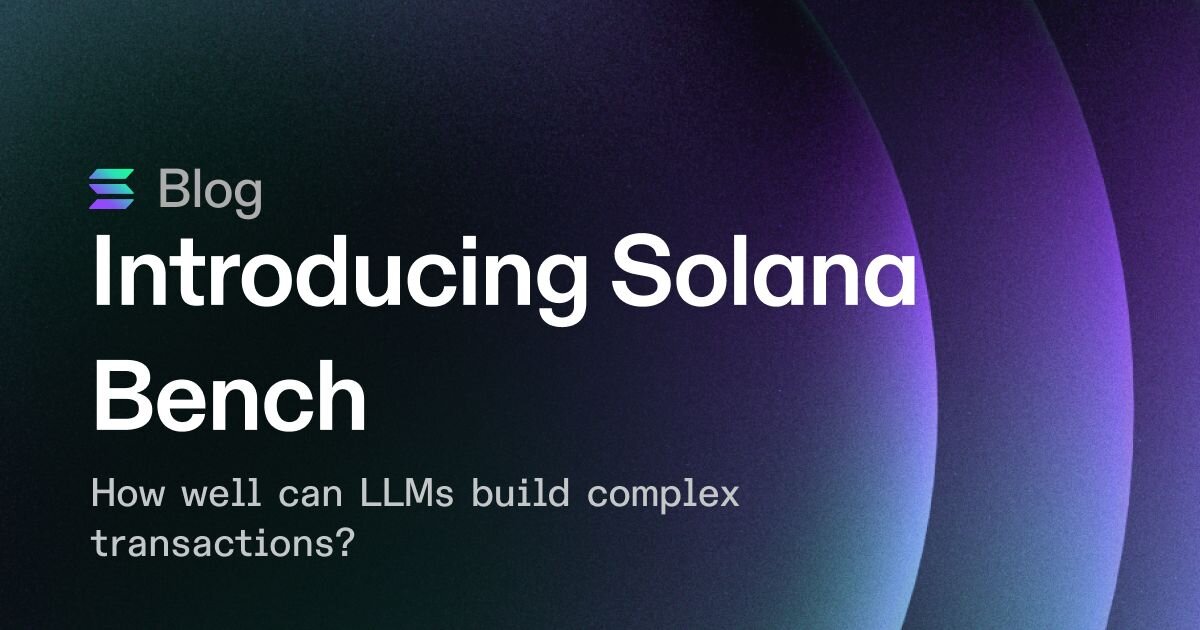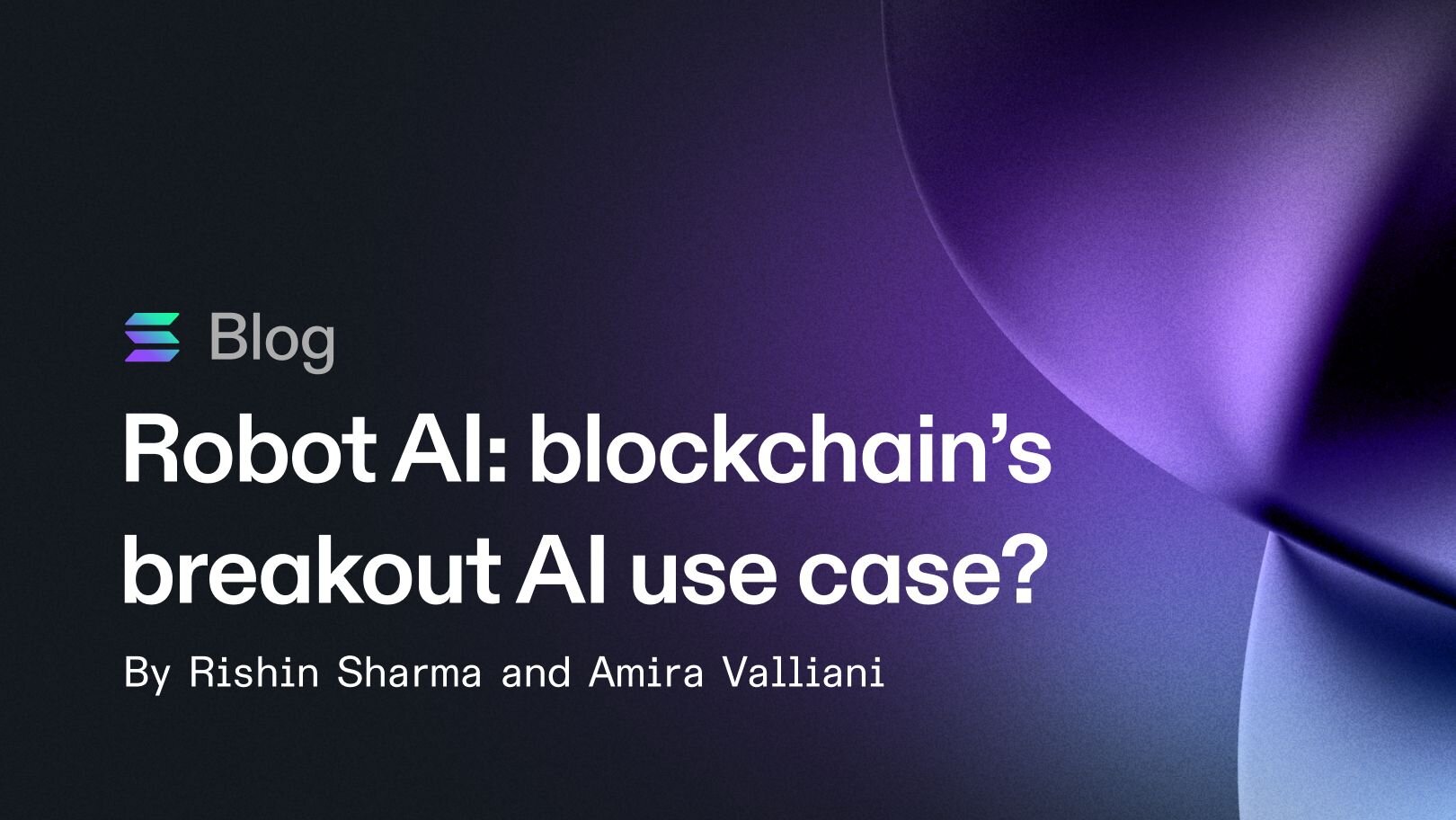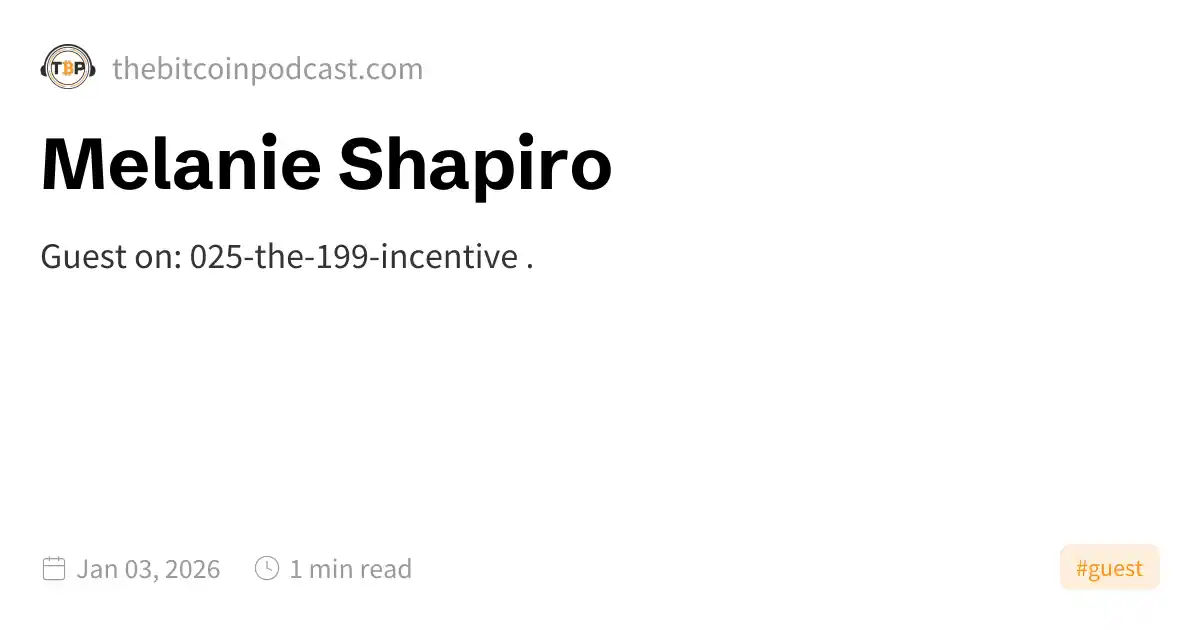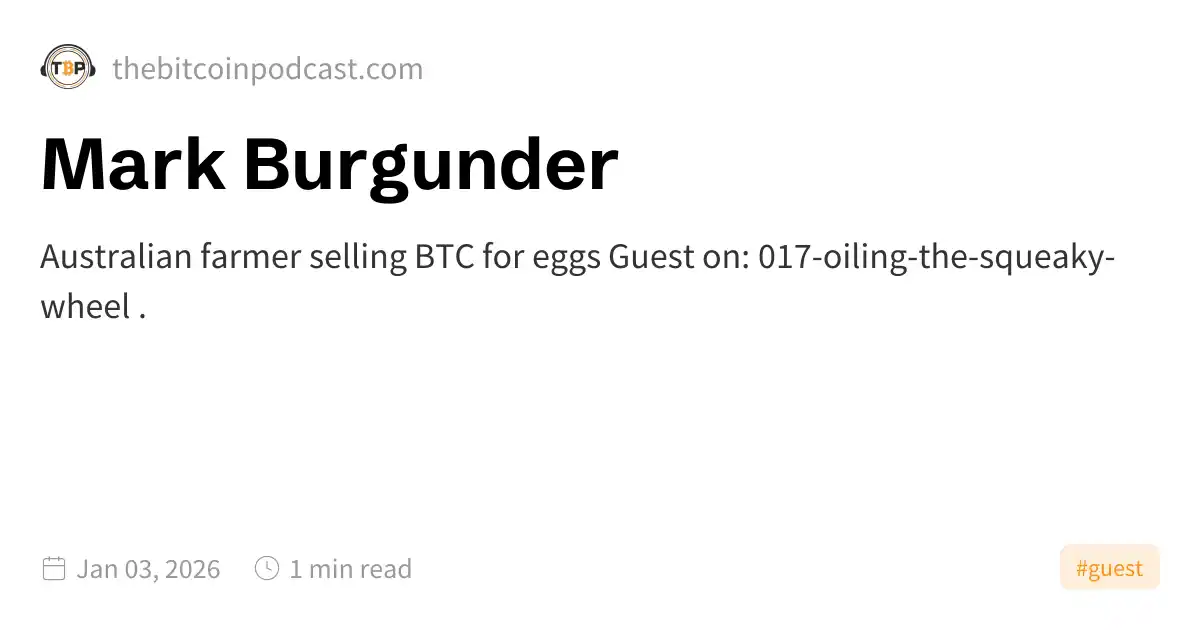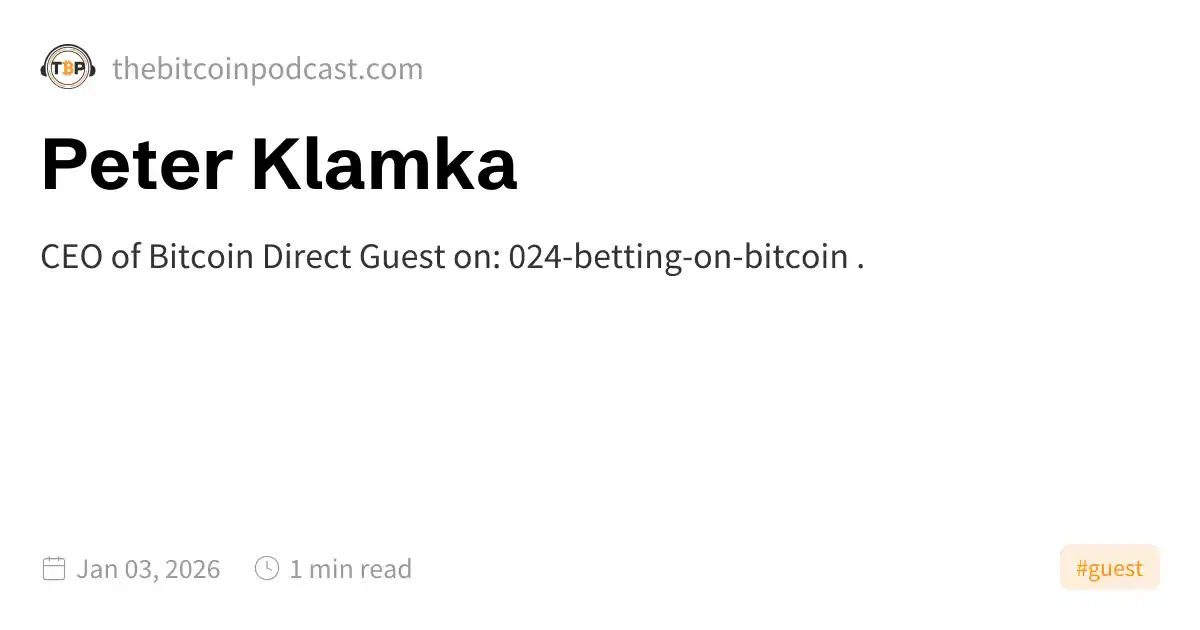Strengthening the Solana Network
Upgrade Progress
The Solana network is undergoing significant upgrades to accommodate massive user growth and adoption. This page provides an update on the progress of these upgrades, which aim to enhance the network’s performance, scalability, and user experience.
QUIC
Status: Live on Mainnet-beta
Solana is reimplementation its transaction ingestion protocol on top of QUIC, a protocol designed by Google for fast asynchronous communication like UDP, but with sessions and flow control like TCP. QUIC provides additional options for adapting and optimizing data ingestion. Currently, QUIC is adopted by the majority of validators and RPC operators on Mainnet-beta. In the upcoming 1.13.4 release, QUIC will be the default transaction ingestion protocol over UDP. With 1.13.4, QUIC will be fully adopted.
Stake-weighted QoS
Status: Live on Mainnet-beta
Stake-weighted QoS extends the utility of stake-weighting to transaction quality of service. Under this model, nodes with higher stakes have more priority in transmitting packets to the leader. This allows for more efficient use of network bandwidth. Stake-weighted QoS was built in parallel with QUIC and enabled before QUIC was adopted on Mainnet-beta.
Fee Markets
Status: Live on Mainnet-beta, with RPC and wallet support coming soon
Fee markets provide a way for users to add an additional fee to their transactions to express urgency in comparison to other transactions modifying the same account. Priority fees offer users the ability to specify an additional fee at their discretion to be collected upon the execution of a transaction and its inclusion in a block. Priority fees are calculated based on the amount of computing resources that a transaction is expected to require. Fee markets are currently being developed to include more functionality on the RPC, higher fees for highly contested accounts, and improvements to block scheduling.
Transaction Size Increase
Status: Under development
Transactions on the Solana network are currently limited to a maximum of 1,232 bytes. This limitation restricts the ability for programs to compose with each other as the transaction has a specific amount of data to fit. With the implementation of QUIC, the possibility of increasing transaction size is within reach. Core engineers are currently testing larger transaction sizes.
Compact Vote State
Status: Live on Testnet
Compact vote state is a feature that lowers the vote state even by a few bytes, leading to substantial improvements on the network as less data is being transmitted and stored on the nodes. The compact vote state is being tested in a feature, which is currently live on testnet.
Conclusion
The Solana network is undergoing significant upgrades to enhance its performance, scalability, and user experience. These upgrades aim to address the challenges of massive user growth and adoption. The QUIC protocol, stake-weighted QoS, fee markets, transaction size increase, and compact vote state are all important components of these upgrades. As these upgrades are implemented, the Solana network will become more efficient, scalable, and user-friendly.
FAQs
Q: What is QUIC and why is it important?
A: QUIC is a protocol designed by Google for fast asynchronous communication like UDP, but with sessions and flow control like TCP. It provides additional options for adapting and optimizing data ingestion. QUIC is important because it will help Solana’s transaction ingestion protocol to be more efficient and scalable.
Q: What is stake-weighted QoS and how does it work?
A: Stake-weighted QoS extends the utility of stake-weighting to transaction quality of service. Under this model, nodes with higher stakes have more priority in transmitting packets to the leader. This allows for more efficient use of network bandwidth.
Q: How do fee markets work and what are their benefits?
A: Fee markets provide a way for users to add an additional fee to their transactions to express urgency in comparison to other transactions modifying the same account. Priority fees offer users the ability to specify an additional fee at their discretion to be collected upon the execution of a transaction and its inclusion in a block. Fee markets will allow users to express the urgency of their transactions and provide more flexibility in the Solana network.
Q: Why is increasing transaction size important?
A: Increasing transaction size is important because it will allow programs to compose with each other more efficiently. The current limit of 1,232 bytes restricts the ability for programs to compose with each other as the transaction has a specific amount of data to fit.



